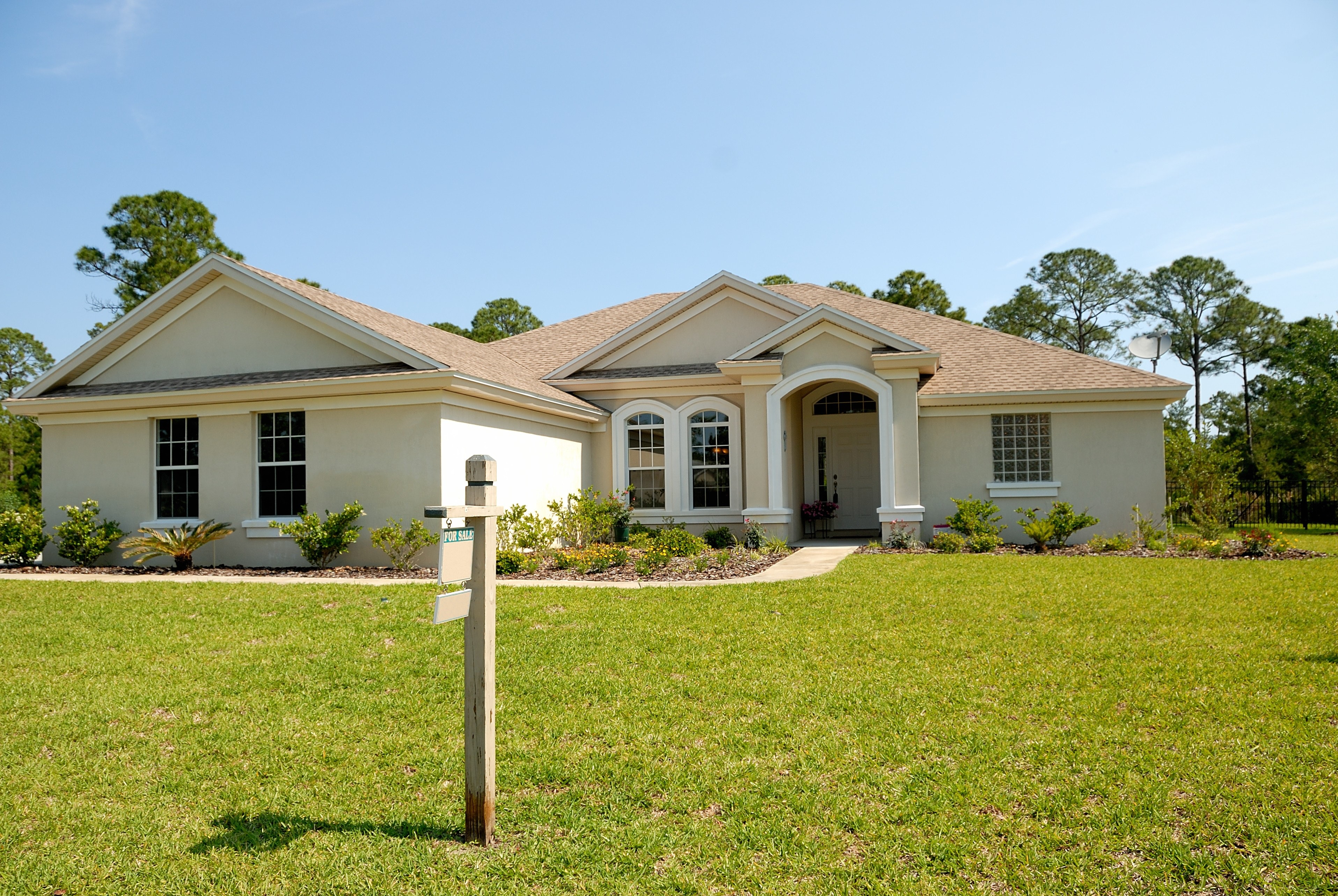
If Your Divorce is NOT Final…
- A divorce decree or marital settlement will be about issues connected to a divorce that is not final. The decree might say that irrespective of the status of your marriage, you both remain co-owners of the property, besides stating how you will need to deal with the property and divide the proceeds.
- The first conditions should be who will continue to live in the home until it sells. Typically, when there are children, the parent with custody will stay in the home. If you’re on good terms, both parties can choose to live there until the home sells. Alternatively, you may choose to both move out and rent out the property to someone else to cover the mortgage expenses.
- If someone is going to be living in the house, you need to be able to work together to manage the inconvenience of showing the house to prospective buyers. However, you can choose to keep the house vacant since the sale will not close until the marriage ends.
- If the house sale is delayed for a long time, then the mortgage payments have to be accounted for in the divorce decree or marital settlement, to be reimbursed after the sale to the partner who is making the payments.
- The divorce decree or marital settlement should also address the ongoing expenses incurred in the maintenance of the home, including necessary repairs. This can be a very important issue if the property does not pass the buyer’s inspection and you have to invest more money to sell it.
If Your Divorce IS Final…
- If your divorce is final, the agreements you make with your ex-spouse must address how to resolve issues without the assistance of the courts system. You both retain your title in the house, so now you must work together.
- If the value of your home is lower than the current mortgage balance, you can both decide on waiting to sell until the value goes up. This has its own advantages and disadvantages to consider, and if choosing to retain joint ownership means both parties are financially forced to continue living in the same home while leading separate lives, the option should be exercised only if there are no other viable choices.
- If you can manage the costs of living in separation but are still not prepared to sell the property at a loss, then one of you could live there while the other lives separately, while both parties retain the title.
- It needs to be decided who will pay the mortgage, costs of maintenance, and taxes while dual ownership continues.
- A timeline for selling the property needs to be established, and if one party should disagree to abide by the terms of the agreement, how it will be dealt with should also be decided and established.
- You should also prepare for some unexpected situations and factors that may arise. For example, an ex-spouse living in the house might allow someone else to move in, or the sale might not happen within the stipulated timeline. Consider if the party living in the house acts in a way that harms the sale, or if one spouse remarries and forces the sale of the property before the market is ripe for a profitable sale.
Whether your divorce is final or not, we can help you with all of these ins and outs. Feel free to contact us if you have questions or if you’re ready to start the process of selling.
FREE E-BOOK: Help for Divorcing Homeowners
We know divorce hurts, but we can help you through this part.
We’ve experienced the dilemmas of divorce and the tough decisions it forces us all to make.
Fortunately, we also know how to successfully sell homes.
We’ve taken our experiences and put together this free E-Book for divorcing homeowners.
It has information and helpful tips about dealing with one of life’s biggest assets during one of life’s hardest times.

